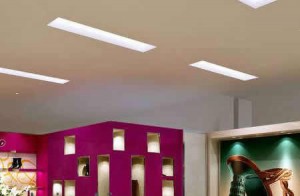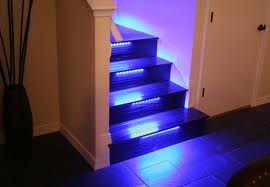Whether you simply want to minimize your energy consumption bills or you are actually to go green and help the environment, considering the use of LED lighting for your home. This state-of-the-art type of lighting fixtures has been proven to provide the most efficient energy-saving solutions not just for the homes but also for the office and other commercial structures. Using top-of-the-line technological techniques, LED lighting is able to give your interior as well as exterior unique ambiance not to mention the money-saving features that your get from it.
Topping the list of benefits you get from LED strip lights or LED shop lights is making your home and office economical in terms of energy consumption without any hint of compromising the current infrastructure you have.
Also, LED lights enhance the lighting quality of your homes or offices. These lighting systems get regular modifications and enhancements for improved quality as well as for longer usability that come with the never-ending technological advancements. Trust that you will never run out of options with these extraordinary lighting types when it comes to colors, color-changing effects, etc.
LED strip lights and LED shop lights help reduce labor and maintenance costs. Having been designed and built for longer functionality, these special lighting features will rid you of unwanted worries about labor and maintenance costs as well as constant minimal failures and breakdowns. Surprisingly, these lighting fixtures are built to last for at least eleven years, after which they decrease in efficiency by only 30%, which translates to additional savings without having to sacrifice quality lighting.
Finally, using LED lighting in your home or office makes you part of the large population of people who are consciously helping the environment. The use of these special lighting fixtures entails minimal carbon footprint, a considerable decrease in the demand for lighting power, and less electrical consumption.


